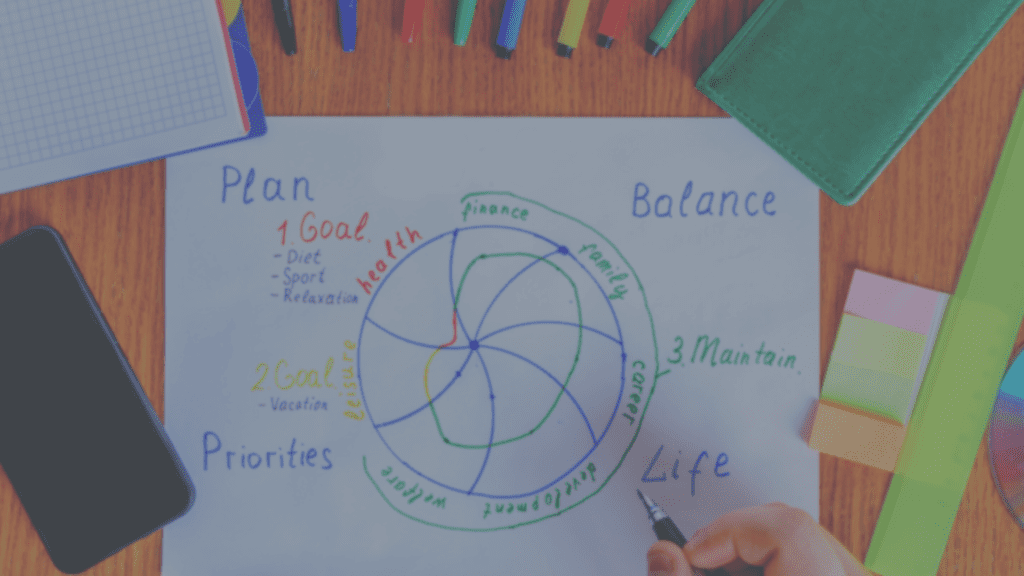Thinking about thinking
Metacognition


What is Metacognition? Metacognition, often described as “thinking about thinking,” is a crucial cognitive skill that enables individuals to understand and manage their own learning and thinking processes.
It plays a vital role in personal, academic, and professional success by enhancing self-awareness and cognitive control.
Shaping Learning
Understanding Metacognition
Metacognition involves two key components. These components work together
to help you become more effective and efficient in achieving your goals.
Self-Awareness
Recognizing and understanding your cognitive processes, strengths, weaknesses, and patterns.
Self-Regulation
Managing and controlling your cognitive activities through planning, monitoring, and evaluating your approaches to tasks.
Identifying Struggles
Recognizing Metacognitive Challenges
Metacognitive difficulties can manifest in various ways, including:
Difficulty in assessing one’s own understanding and performance
Struggling to evaluate learning progress or gaps can hinder effective planning, problem-solving, and decision-making.
Struggling to adjust strategies when faced with new challenges
Inability to pivot and adapt methods can limit problem-solving success and create a barrier to overcoming obstacles.
Lack of awareness of personal strengths and weaknesses
Without understanding their abilities, individuals may overextend or underutilize skills, impacting learning outcomes.
Overconfidence or underconfidence in one’s abilities
Misjudging capabilities can lead to missed opportunities or ineffective approaches, limiting potential growth and success.
Strategies to Enhance Your Awarenes
Effective Metacognitive Techniques
Here are some strategies to enhance your metacognitive skills:
Self-Reflection
Regularly reflect on your thought processes and learning strategies. Ask yourself what worked, what didn’t, and why.
Planning and Goal Setting
Before starting a task, plan your approach and set clear, achievable goals.
Self-Monitoring
Continuously monitor your progress and adjust strategies as needed.
Seeking Feedback
Actively seek feedback from others to gain different perspectives on your performance and areas for improvement.
Journaling
Keep a journal of your learning experiences and reflections to track your growth and development over time.
Unlocking Your Potential Through Coaching
The Role of Coaching in Metacognition
Coaching can significantly enhance your metacognitive skills through:
Increased Self-Awareness
Helping you become more conscious of your cognitive processes and how they impact your performance.
Strategy Development
Assisting in the creation of personalized strategies that leverage your cognitive strengths.
Regular Feedback
Providing consistent feedback to help you refine and improve your approaches.
Accountability
Keeping you accountable for implementing strategies and achieving your metacognitive goals.
Set Your Path
Unsure which tailored service suits your needs?
Our Goal Setting coaching can provide the guidance you need.
Discover Essential Cognitive Skills
Learn More About Other Executive Functions
Working Memory
Holding and Using Information Effectively Working Memory What is Working Memory? Working memory is a fundamental cognitive skill that allows...
Goal Setting
Elevate Your Performance Goal Setting What is Goal Setting? Goal setting is a crucial cognitive process that allows individuals to...
Inhibitory Controls
Filtering Focus for Success Inhibitory Controls What are Inhibitory Controls? Inhibitory controls are the brain’s ability to regulate attention and...
Goal-Directed Persistence
Staying the Course, Pushing Through Challenges Goal-Directed Persistence What is Goal-Directed Persistence? Goal-directed persistence is the ability to consistently work...



